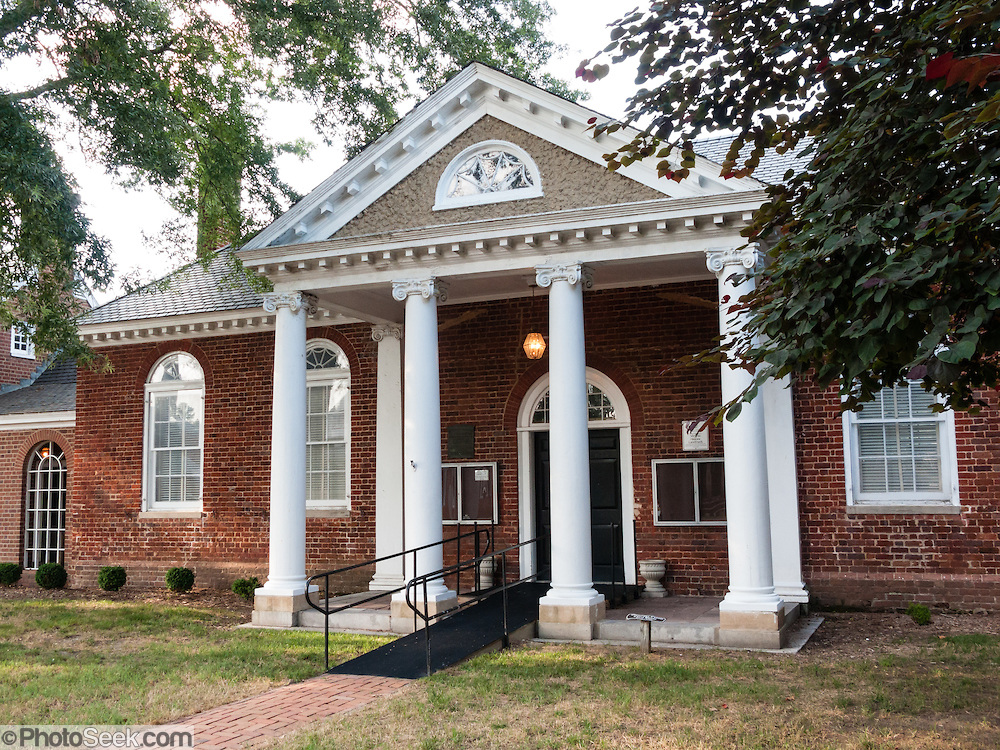Small town judge goes to court to defend her livelihood Government orders doctors to perform procedures it admits may harm children
Media Contact
Ryan Colby 202-349-7219 [email protected]
Additional Information

Washington, D.C. – A small town judge went to court today to defend her livelihood, which is being threatened by a government agency that wants to kick her out of her job because it thinks her Lutheran religious beliefs are “repugnant.”
The Wyoming Supreme Court heard arguments today in the case of Judge Ruth Neely, who faces an unprecedented lifetime ban from the judiciary and $40,000 in fines for merely stating that her Lutheran faith prevents her from personally performing same-sex marriages. Judge Neely has a 20-year track record of ruling fairly in every case before her, and local LGBT citizens have called out the state agency’s prosecution of Judge Neely as “obscene and offensive.”
At oral argument today, the government showed that it had fumbled its handling of the case. Government lawyer Patrick Dixon admitted that neither the recent U.S. Supreme Court decision in Obergefell “nor any other law says that Judge Neely has to perform any given marriage.” Dixon also admitted that several of the assertions that the government made in its briefs were wrong, conceding the state does not pay small-town judges like Judge Neely to perform weddings and that judges can decline to personally perform private wedding ceremonies. At another point, Dixon tried unsuccessfully to avoid a lengthy argument from his brief by saying that “several people wrote this brief.” Yet despite getting even basic facts wrong, Dixon still pushed for the most extreme possible sanction: kicking Judge Neely out of the judiciary.
“It takes real chutzpah for the government to come in like the Keystone Kops but still ask an innocent judge to pay the price,” said Daniel Blomberg, legal counsel for Becket, which also submitted an amicus brief defending Judge Neely. “If you ask the people of Pinedale, they say that Judge Neely has served the town with fairness and integrity for decades, and that they want to keep her. This judge shouldn’t lose her job just because a bunch of bureaucrats decided they don’t like Lutherans.”
Judge Neely serves the small town of Pinedale, which holds one of the nation’s oldest cattle drives and has about ten times as much wildlife as residents. Because the town is so small, she wears two judicial hats, neither of which requires her to perform weddings. In fact, one of the positions is not even authorized to perform any weddings, and the other one allows officials to decline to perform weddings for many reasons—even a desire to go fishing instead. Yet the agency insists that Judge Neely should be banned for life because she said she would decline to perform some weddings for religious reasons. The record in the case is full of examples where Dixon described Judge Neely’s Lutheran religious beliefs as “repugnant,” singled out her church (the Lutheran Church—Missouri Synod) for disapproval, and called her religious beliefs a “holy war.”
“There’s an easy live-and-let-live solution here: same-sex couples can have full access to state marriage ceremonies, and judges like Judge Neely don’t have to participate,” said Blomberg. “The agency’s push to simply fire every judge who dares speak her faith is starting an unnecessary culture war.”
All of the main briefing and legal documents filed with the Wyoming Supreme Court are available here. Judge Neely is represented by James Campbell of the Alliance Defending Freedom.
For more information or to arrange an interview with a Becket attorney, please contact Melinda Skea at [email protected] or 202-349-7224. Interviews can be arranged in English, Chinese, French, German, Portuguese, Russian, and Spanish.
###
Becket is a non-profit, public-interest law firm dedicated to protecting the free expression of all religious traditions and has a 100% win-rate before the United States Supreme Court. For over 20 years, it has successfully defended clients of all faiths, including Buddhists, Christians, Jews, Hindus, Muslims, Native Americans, Sikhs, and Zoroastrians (read more).